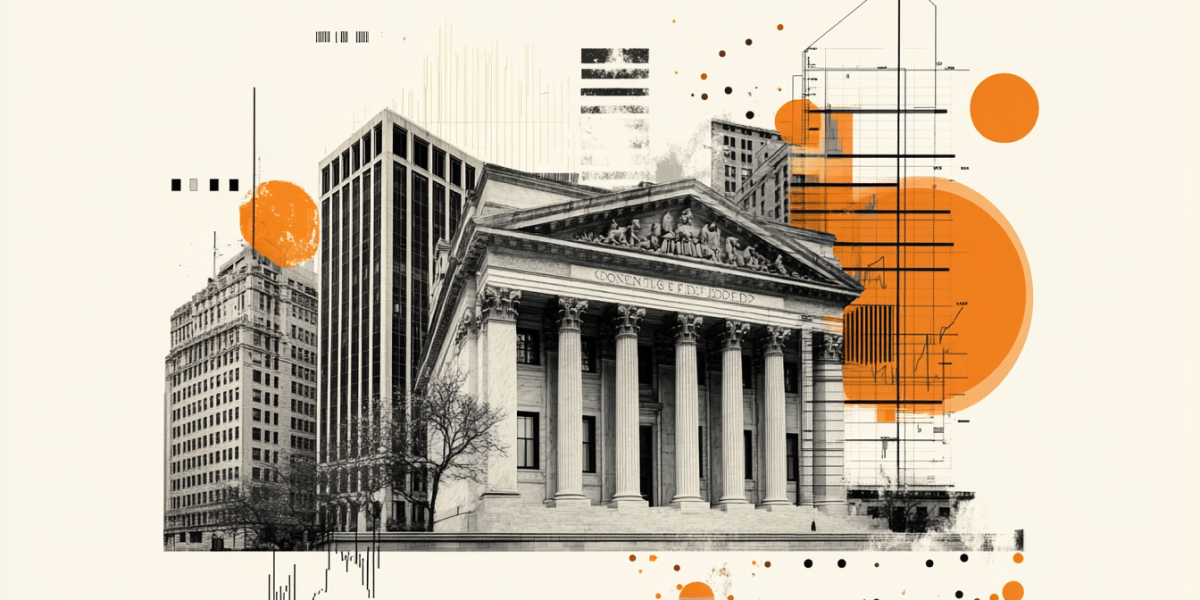Fed’s Goolsbee: Significant tariff retaliation could boost inflation

Chicago Federal Reserve Bank President Austan Goolsbee said late Monday that significant tariff retaliation could boost inflation, adding that global trade war eruption may lead to a consumer behavior shift.
Key quotes
Nearly unparalleled scenario where solid US economic data appears positive, but many uncertainties linger.
Fed policymakers hear anxiety.
Hard economic data is still quite good.
Anxiety, if tariffs are as large as announced, with counter-tariffs, could lead to supply disruptions, high inflation.
Significant tariff retaliation could boost inflation.
Global trade war eruption may lead to consumer behavior shift.
If this evolves into a worldwide era of trade, and refrain from imposing significant tariffs on one another, it won't have this adverse effect.
Federal job is to examine hard data.
Market reaction
At the time of press, the US Dollar Index (DXY) was down 0.06% on the day at 103.44.
Fed FAQs
Monetary policy in the US is shaped by the Federal Reserve (Fed). The Fed has two mandates: to achieve price stability and foster full employment. Its primary tool to achieve these goals is by adjusting interest rates. When prices are rising too quickly and inflation is above the Fed’s 2% target, it raises interest rates, increasing borrowing costs throughout the economy. This results in a stronger US Dollar (USD) as it makes the US a more attractive place for international investors to park their money. When inflation falls below 2% or the Unemployment Rate is too high, the Fed may lower interest rates to encourage borrowing, which weighs on the Greenback.
The Federal Reserve (Fed) holds eight policy meetings a year, where the Federal Open Market Committee (FOMC) assesses economic conditions and makes monetary policy decisions. The FOMC is attended by twelve Fed officials – the seven members of the Board of Governors, the president of the Federal Reserve Bank of New York, and four of the remaining eleven regional Reserve Bank presidents, who serve one-year terms on a rotating basis.
In extreme situations, the Federal Reserve may resort to a policy named Quantitative Easing (QE). QE is the process by which the Fed substantially increases the flow of credit in a stuck financial system. It is a non-standard policy measure used during crises or when inflation is extremely low. It was the Fed’s weapon of choice during the Great Financial Crisis in 2008. It involves the Fed printing more Dollars and using them to buy high grade bonds from financial institutions. QE usually weakens the US Dollar.
Quantitative tightening (QT) is the reverse process of QE, whereby the Federal Reserve stops buying bonds from financial institutions and does not reinvest the principal from the bonds it holds maturing, to purchase new bonds. It is usually positive for the value of the US Dollar.
Author

Lallalit Srijandorn
FXStreet
Lallalit Srijandorn is a Parisian at heart. She has lived in France since 2019 and now becomes a digital entrepreneur based in Paris and Bangkok.

















